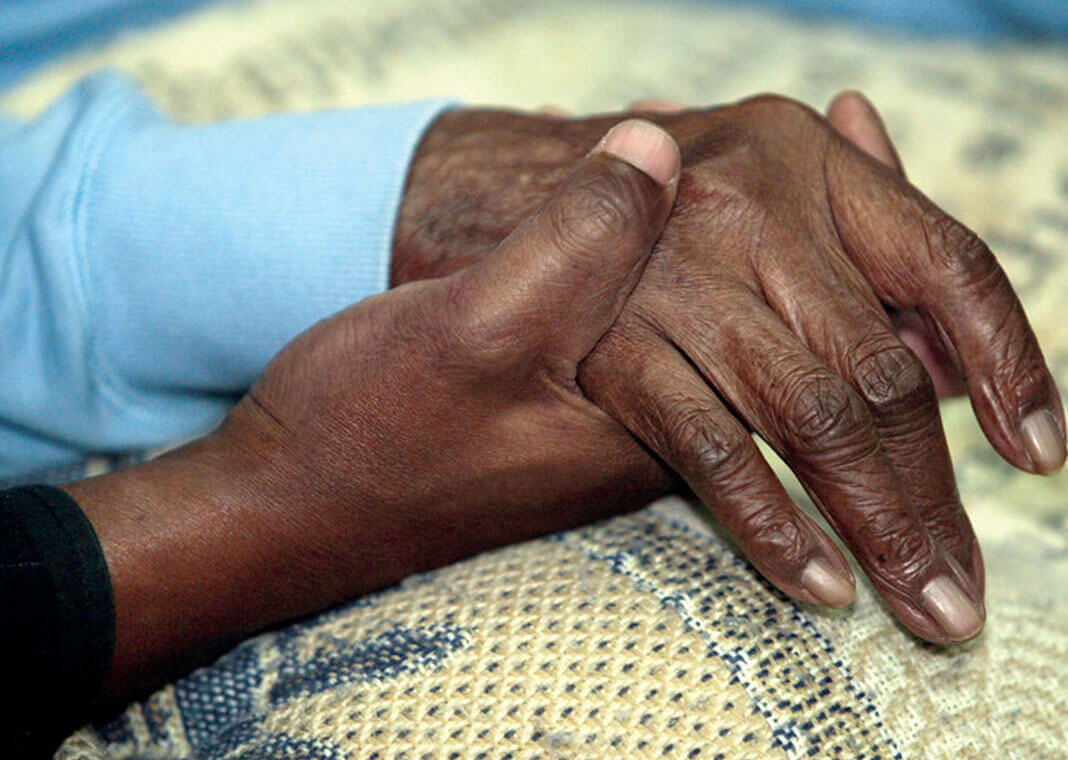
“Love is shown more in deeds than in words.” Many of us have heard this Ignatian idea, but what does it really mean? At the simplest level, St. Ignatius Loyola means that love is not simply about how we feel inside or what our good intentions are towards another person, but what we do, in action, to demonstrate love.
Perhaps Ignatius had in mind the first letter of John, which says, “Little children, let us not love in word or talk but in deed and in truth” (1 John 3:18). The line just before this one gives us a clue as to what the author had in mind, as John asks, if someone sees another in need and doesn’t help, can that really be God in the person? John’s point is that brotherly or sisterly love is best shown in what we do for one another, not in the words that we proclaim, especially if our actions are at odds with our words.
Ignatius, too, was interested in how we can show love in light of God’s love for us, and his emphasis was also on deeds: God’s deeds and our own. In the Contemplation to Attain Divine Love, he invites retreatants to pray over all of the good gifts that we have received—in a sense, God’s deeds of love for us. Whether it is a talent or gift that we possess, or the material benefits of food, shelter, or a good income, Ignatius reminds us that it is God who created all of this in the first place and who is the ultimate source of everything that we have, even ourselves. What is our natural response to recognizing this gift? Gratitude.
Gratitude naturally flows into a desire to give love back. I know that when a family member or friend does something kind for me, I want to do something in return. But sometimes this is not possible; for example, I think of some loving actions of my now-deceased grandparents. They are no longer in need of anything that I can give them, other than remembering them in prayer. But I can “pay it forward” and offer care to others that responds from a sense of having been well-loved. Maybe it is taking care of a family member with a chronic health issue, because I can recall times when my health was not good, but I was cared for. Maybe it is through how I treat others I meet every day at my job, as I recall how others have mentored or cared for me.
The situation is similar with God: God is already perfect and lacks nothing. But God does still want us to love, because we are made by Love and for the purpose of loving. So how do we love God? In part, through loving one another, as Jesus asked us to do. We can “pay it forward” through considering the ways that we have received love, dwelling a while in gratitude, and deciding how we want to spread love in the world today.
Where have you known love? How do you want to show love in deed today?

Nice. Thanks Marina. Mahatma Gandhi used to say: “Deeds not words”.